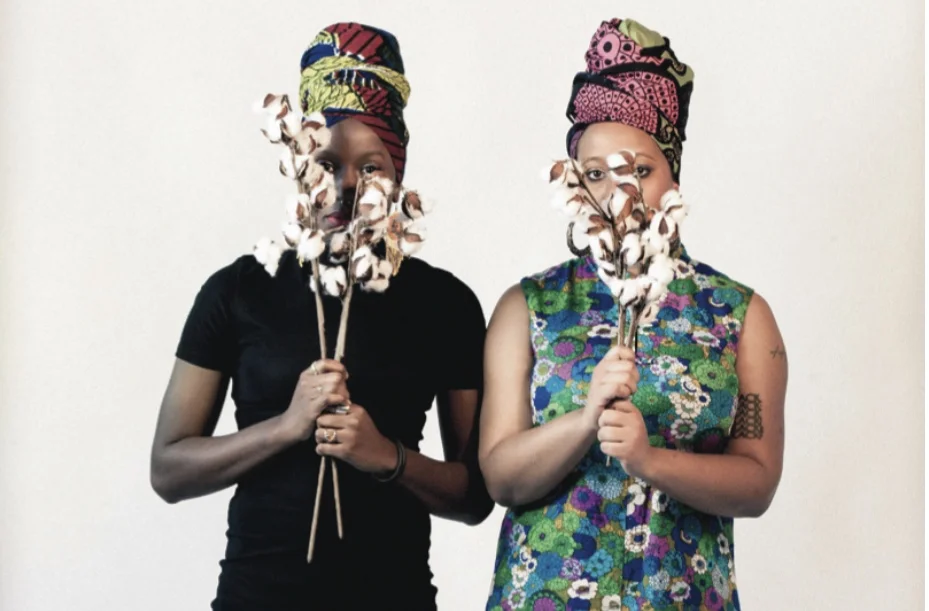Resilience by Iwalani Kim
At Kweli, we are still in mourning, nearly three weeks post-election. After Hillary Clinton’s concession speech, our loss settled over us “like a shroud” and we were “bout to choke on our own snot and grief.” We delayed the launch of our November 2016 issue, taking the time to process what we had lost and what this tectonic political shift means for all of us, as we move to build the necessary coalitions to fight back.
With a transition team that includes Breitbart’s Steve Bannon, anti-science extremist Myron Ebell and Mr. Law and Order himself, Rudy Guiliani, we have every right to fear a future with Trump at the helm. The violent ejection of Black Lives Matter protester Mercutio Terrell Southall, Sr. from a Birmingham Trump rally in November 2015 recalls the lynch mobs that went unchecked throughout the 1800s and into the 1960s. The chants of “build the wall” that rang out in Royal Oak Middle School’s cafeteria evoke the violence and taunts that the “Little Rock Nine” faced from their peers in 1957, when they dared to attend a previously all-white school. Post-election, the nation has seen a significant uptick in hate crimes and intimidation targeting blacks and other people of color, Muslims, immigrants, the LGBT community, and women. The Southern Poverty Law Center has stated that 437 incidents of intimidation, many of which contained “direct references to the Trump campaign and its slogans,” occurred between November 8th and November 14th alone. These incidents recall the lost era of white supremacy that Trump voters hope to exhume, an era of homegrown racial terror, generations old.
But Toni Morrison reminds us that “this is precisely the time when artists go to work. There is no time for despair, no place for self-pity, no need for silence, no room for fear. We speak, we write, we do language. That is how civilizations heal.”
The prose, poetry and visual art in our November 2016 issue celebrates our “radical resilience.” Poet and visual artist Rachel Eliza Griffiths has once again provided stunning cover art for our issue and her photograph, Other Black Girl Collective, 2016 speaks to how her “visual alphabet works in terms of imagination and politics.” The image is from her new American Stanzas exhibition at Poets House. Griffiths' cover art is in conversation with the prose and poetry in this issue, from Favorite of Heaven, the novel excerpt by Princess Perry, which won’t allow the reader to look away from the brutality of slavery (“what Rove done had settled over [Joy] like a shroud”) and its aftermath, to Anna Su’s essay about an immigrant that endures “stifling work conditions, long hours and under the table wages” for a better life for herself and her family. From the “stubble of an Arab man” living with one light in a tent in Tala Rahmeh’s poem Zeit wa Zatari, to the 25 year old brother transformed by solitary confinement into “somebody’s grandfather,” in Patricia Engel’s The Veins of the Ocean.
We need only follow the lead of the indigenous water protectors at Standing Rock, who stand against the Dakota Access Pipeline, and harness our collective rage into organizing and community-building. Junot Díaz’s recent essay in The New Yorker identifies something requisite for the road of coalition-building ahead. He encourages us to find the “radical hope” that philosopher Jonathan Lear theorized. Díaz writes, “Radical hope is our best weapon against despair, even when despair seems justifiable; it makes the survival of the end of your world possible. Only radical hope could have imagined people like us into existence.” If radical hope requires, in Lear’s words, “imaginative excellence,” we at Kweli believe that literature – especially literature written by people of color, whose “joyous destiny” is “to bury the arc of the moral universe so deep in justice that it will never be undone” – seems the most promising place to restore hope.
As donations to Planned Parenthood surge, as activists mobilize for the post-inauguration Women’s March on Washington and as colleges and universities declare themselves sanctuary campuses, we know that it is time to deepen our commitment at Kweli. Join us. There is much work to be done.
Iwalani Kim
Kweli Journal
November 25, 2016
Photo credit: Other Black Girl Collective, 2016 by Rachel Eliza Griffiths
American Stanzas 2006 - 2016 Exhibition at Poets House
CONTENTS
Poetry
Authentic Mexican by Abigail Carl-Klassen
Adoption Tale by Steven Chung
Afro-Seattleite Fragment #2: Richard Sherman by Malcolm Friend
Afro-Seattleite Fragment # 6: Prayer in the Mode of Sir Mix-a-Lot’s “Posse on Broadway,” or South End Kid Returns to Capital Hill Six Years After Graduating High School by Malcolm Friend
Quill by Alia Hussain Vancrown
Retirement for Ghosts by Brian Michael Murphy
Zeit wa Zatari by Tala Rahmeh
Prose
The Veins of the Ocean by Patricia Engel (Novel Excerpt)
Death by a Thousand Cuts by Tracey M. Lewis-Giggetts (Novel Excerpt)
Cleave by Yahaira Lawrence
How to Mourn a Life by Nadia Misir
Favorite of Heaven by Princess Perry (Novel Excerpt)
A Small Mountain by Anna Qu
Blind Spot by Uttama
Interview
A Double Life, Ivelisse Rodriguez Interviews Patricia Engel





